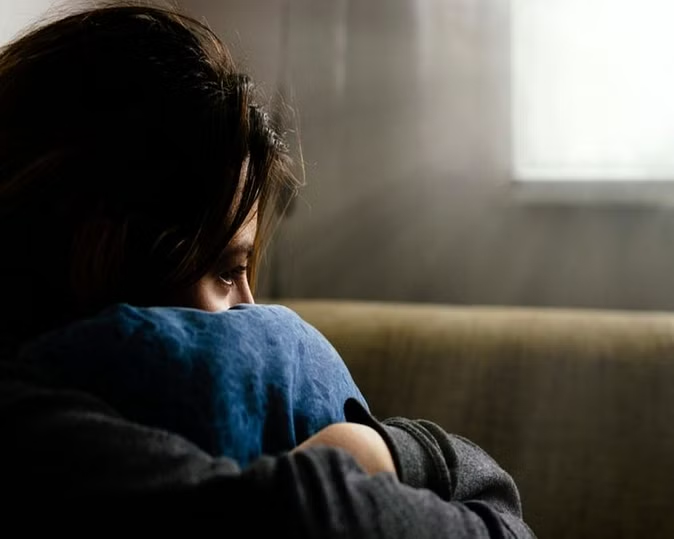Even after a week, the local people have not been able to recover from the side effects of the massive explosion that took place at a firecracker factory in Harda district of Madhya Pradesh on February 6. Many types of problems are being seen in people of all ages, whether children or adults.

Just two days after the Harda accident, Amar Ujala, quoting psychiatrists, had alerted the local people about the problem of PTSD (Post-Traumatic Stress Disorder). PTSD is considered to be the main cause of diseases like anxiety disorder, severe depression, insomnia, high blood pressure, etc. The risk of these types of mental health problems after a catastrophic event or accident has been seen before.
The blast in the firecracker factory in Harda has not only affected a large number of people physically, but due to this, people are also facing the risk of mental problems like anxiety disorder, shock, etc. Many houses and shops around the factory have been badly damaged. The side effects of these adverse circumstances have also started emerging.
People are in shock and there is still an atmosphere of fear among children.
Local sources and media reports reveal that it has been a week since the Harda accident, but the sounds of the explosion are still echoing in people's ears. Be it, children or adults, everyone is so scared that they startle at the slightest sound. Suddenly sleep gets disrupted at night, as soon as there is silence at night, the shadow of fear takes people into its embrace with more severity. Children suddenly wake up at night and start crying.
The people in front of whom the explosion took place, who saw the bodies jumping hundreds of feet above, those scenes start flashing in their minds as soon as they close their eyes.
Quality of life may be affected
Sources say the blast took away many family members, a large number of people have become crippled, some have had their fingers cut off, and some have injured their legs. On top of that, the gruesome scenes of the incident increased anxiety, stress, and depression. The biggest impact of the incident is being seen on children.
Psychiatrists say these adverse circumstances can be quite worrying for the future. Bad memories also affect the quality of life. This is a critical situation that requires serious attention to both the physical and mental health of the victims.

What do psychiatrists say?
While talking to Amar Ujala, Bhopal-based psychiatrist Dr. Satyakant says, that if we look at similar incidents in the past across the world, we come to know that the fire of an accident cools down after some time, but the smoke remains for a long time. For example, the risk of problems like PTSD can be very high after the incident. What is currently visible in Harda is like the 'tip of an iceberg', which indicates that a large number of people here may be at risk of mental health disorders.
Therefore, there is a need for counseling on a large scale among the local people so that these disorders can be diagnosed and treated in time.
Like a balm with loved ones
Dr. Satyakant says, along with mental health experts, the relatives and friends of the victims also have a big role in saving the people of Harda from the danger of PTSD. The support, affection, and love received from loved ones provide strength to deal with adverse situations.
Those who are reading this report through Amar Ujala, should remain in constant touch with their friends and relatives in Harda, and keep inquiring about their well-being, the company of their loved ones works like a balm on the wound. If you experience any problems with people right there, immediately send them to a professional for help. Everyone needs to come together to deal with these adverse conditions of Harda.
(PC: isTOCK)










